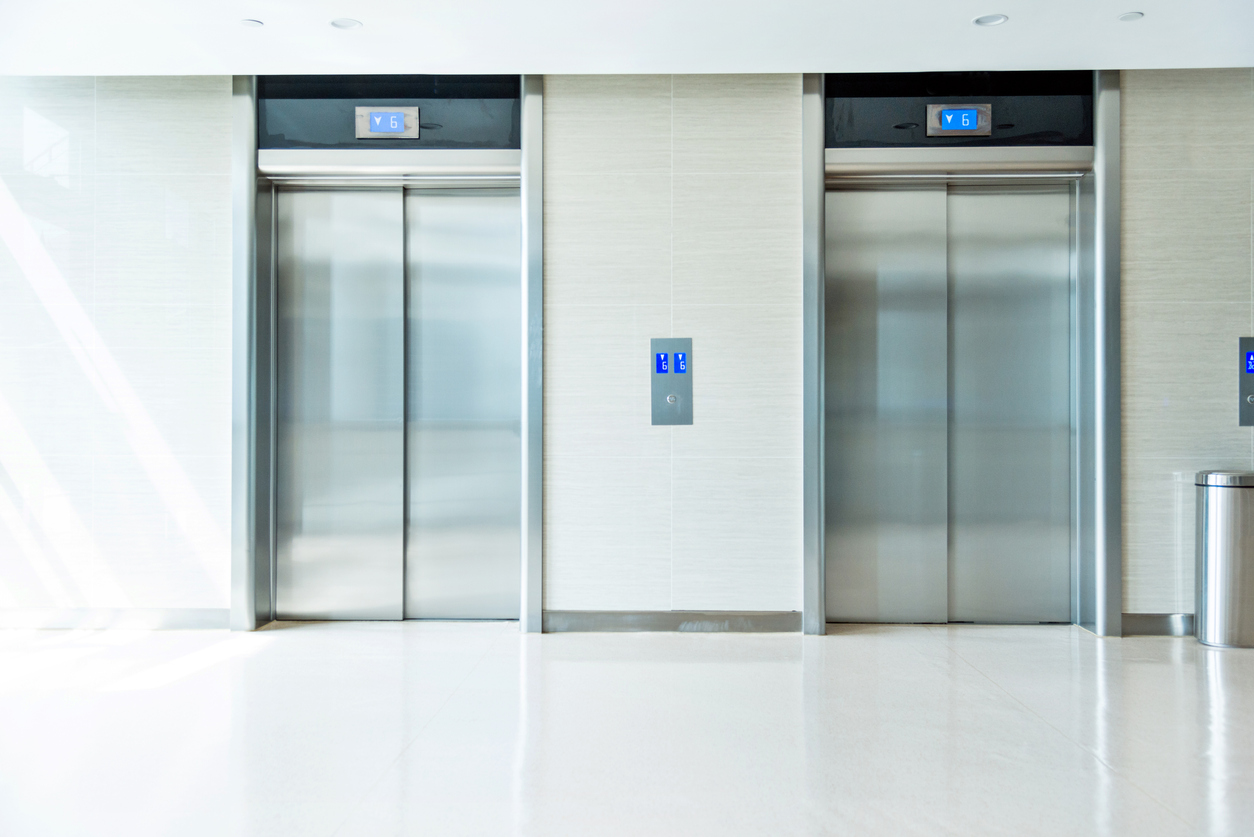The Taller The Building, The More Important The Elevator

Every day more high rise buildings are being built. These high rise buildings are not only increasing in number, but increasing in size. The One Tower in Toronto is set to be the tallest skyscraper in Canada once completed. Originally planned to be 85 stories, there was a request to increase the Tower to 94 stories. With these super tall buildings going up all around us, one must think – what happens if the elevator stops working?
Elevators have always been important when it comes to accessibility. However, as the number and size of residential and commercial buildings increase, the reliability and safety of elevators has become all the more important as the number of people relying on those elevators is drastically increasing.
In 2018, the Ontario Auditor General found serious concerns with respect to elevator safety in the province and was extremely critical of the TSSA. The TSSA is an independent administrative authority that administers and enforces the Technical Standards and Safety Act, 2000, which sets out the requirements and regulations with respect to the servicing, inspection, and maintaining of elevators as well as the certification and training of elevator mechanics.
The problems outlined by the Auditor General in her report included:
• Over 80 percent of elevators failed their TSSA inspection in 2018;
• Most Ontario elevators were not fully in compliance with safety laws (and the situation was getting worse);
• 487 reported safety incidents involving elevators were determined to have been caused by elevators not operating in compliance with applicable safety laws in the last 5 years;
• The type of incidents noted above had tripled in five years;
• The TSSA had poor oversight and inconsistent inspection standards.
Given the above, in July and August 2020, the Ontario government sought consultation and input on proposed regulatory changes under the TSSA to help improve elevator safety and availability. On June 16, 2021, the provincial government announced the proposed regulatory changes will come into force on July 1, 2022. The changes will allow the TSSA to impose administrative penalties for non-compliance. In addition, owners of elevators in residential buildings will be required to report elevator outage data to TSSA, who will publish the data online, which will provide valuable information to consumers to help them make better-informed decisions about their future homes.
It is good to see that steps are being taken to help ensure that elevators in our province are safe and reliable. Hopefully, these changes result in a decrease in elevator related incidents, greater oversight, and increased compliance. If you or someone you know has been injured in an elevator incident, it is important to seek legal consultation with a firm that has experience with this specific type litigation.
About the Authors

A born-and-raised Barrie resident, Karen knows and loves her community. She is proud to be a partner in one of Canada’s most successful personal injury law firms—right in her own backyard. Karen joined Oatley Vigmond in 2013 as an associate lawyer. She holds a BA from Queen’s University and her Juris Doctor from Bond University in Australia. Prior to being called to the Bar in January 2013, Karen articled at a well-known personal injury law firm in Toronto.
